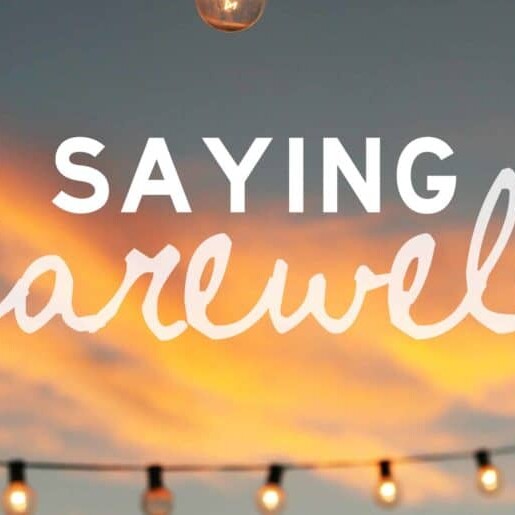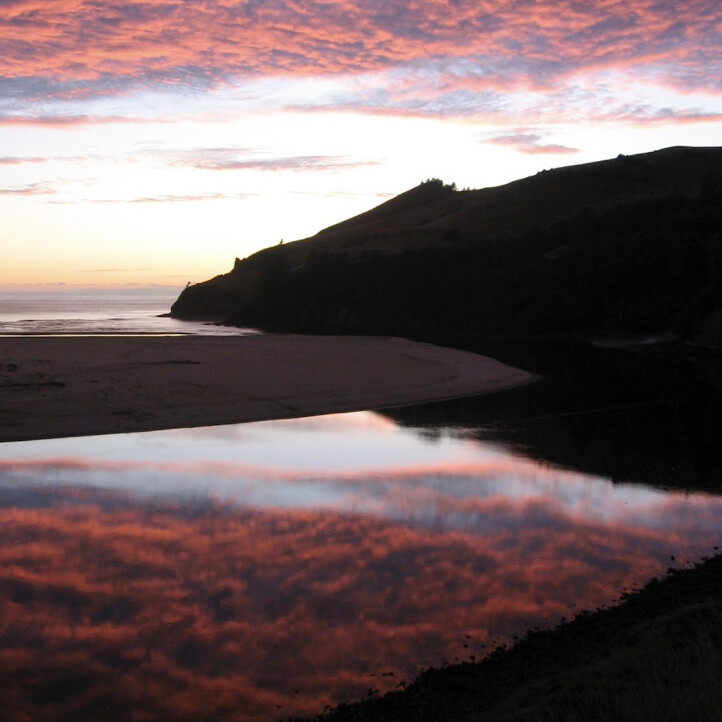It takes a body
My interview with artist Maggie Roberts covered perspective, vision, AI, bias, resistance, extraction, the bravery of imagination, and the role of art in a crisis. The conversation was nuanced, exploratory, considered and multi-faceted, centering around one of Maggie’s recent projects in which she envisioned training an AI model on the experience of an octopus in order to both add a multitude of perspectives (given octopi have 9 brains) and decentre the human perspective.
An interesting theme that arose in our conversation was that of the necessity of embodiment in order to experience and understand reality. I think it is not unsurprising that Western cultures have developed technological tools which appear to us as ephemeral “minds”, trained on the consumption of knowledge already produced rather than knowledge produced by experience. Western culture since the Ancient Greeks have prized the supposed rational mind over the emotional heart, and nigh-on rejected the profane body which, with its biological rhythms, only reminds us of our own mortality.
This Cartesian separation which split ourselves into parts was only the latest schism in a long history of peeling away from the world around us as if to enter into a womb once more. Some argue that the original split was to drive a wedge between ourselves and the natural world in order to justify our enslavement of fellow creatures as workers. Certainly, dehumanisation has been an intrinsic tool in political campaigns to justify the slavery and exploitation of groups other-to-those with the most military power. But rehumanising isn’t quite enough when still we perceive a distinction between humanity and the “natural” world, as if the world could be anything other than natural. By emphasising “natural”, we presume the human economy to be the real world. This human world is full of machines which are heating the atmosphere to make the planet unlivable. This human world is not the better option, not the apex of progress or evolution. No, we should not seek to rehumanise, perhaps, but to naturalise humanity, to embed ourselves in the world like roots, to stretch out across the soil of existence and experience the miracle of being alive, here, together, interdependent, all at once, just for a moment. We should embody the biological.
It is, surely, the disembodiment of many human’s experience in the world that allows us to commit atrocities, whether that be sending our young people to war, dropping bombs via drones, using chemical weapons, or flexing our nuclear might. The evidence does not make for war metaphors alone. Would we not all be vegetarians if the slaughterhouses were made of glass, as the saying goes? Would we not all protect the forests if we lived within their green clasp? Would we not all work to clean our rivers and beaches and fields and air if we depended on them directly? Is it not the network of pipes that disembody our water, our food, our environment, making it seem as if each drop is summoned out of nothing for us alone, rather than the grace of our waterways and air currents and forests? Is it not the network of pylons which disembody our energy and make it seem like electricity is summoned out of nothing for us alone, and not the destruction of the earth’s crust, into which we bore for a poison we bleed out and burn?
If we struggle to even understand ourselves as a body, fixed at perpendicular angles to screens which damage our retinas in cities which pollute our lungs (none of this we would agree to, surely, if we understood ourselves as bodied), how can we understand our function within a network of wider bodies which integrate, care for, facilitate, evolve and thrive for one another? How can we understand ecosystems of things we deem organic but lesser, like plants and fungi and trees? How can we understand the Earth not as a rock but a living biome?
During my conversation with Maggie, I found hope in a phrase which rolled off my tongue and reveals that wisdom whispers through language. “It shouldn’t cost the earth” is a common English expression, suggesting the most expensive thing we know, that of the highest value, is the Earth itself. An impossible price, but neoclassical economists think they can cost the earth, as if fixing a price on the priceless will mitigate our abuse. These disembodied tools only plunge us deeper into a theory of being which has no grasp of praxis.
It is time we embody our mistakes, and learn from experience.

about Rachel Donald
I investigate why the world is in crisis—and what to do about it.
With world exclusives in major papers, I investigate the gaslighting which props up our broken systems, trying to connect the dots of the big picture. I regularly speak at conferences, have lectured on the relationship between systems and narrative and am currently writing my first book on violence.
© Rachel Donald
originally published March 4, 2024 at Planet Critical
featured image by Diane Picchiottino on Unsplash

Network Weaver is dedicated to offering free content to all – in support of equity, justice and transformation for all.
We appreciate your support!
Related Posts
September 24, 2025
Thank you & Farewell
November 4, 2024



